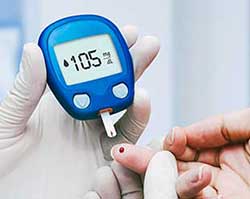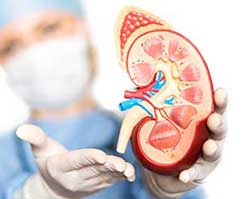Consult City's Top Doctors, The Minute You Need To
First Consultation starting
@ ₹249 ₹499
14261
General Physicians
5337310
Cases done
by General Physicians
2248
Hospitals
Prothrombin Tests- Preparation And Procedure
What is A Prothrombin Test?
A Prothrombin test is administered to measure the time taken for the blood to clot. It uses a sample of your blood to measure the time taken for the liquid portion (plasma) of your blood to form clots. The results are usually presented within seconds. At times, it is presented in the form of the ratio in INR.
When is Prothrombin test recommended?
The most common reasons for advising a Prothrombin test are:
● To monitor the blood levels if a person is taking blood thinner medications
● Checking the liver function
● Discovering the cause of bleeding disorders such as hemophilia
● Assessing the body’s ability to form a blood clot before a surgery
Preparing for the Prothrombin test
A person can consume food and water generally before the test. The healthcare team draws a sample of the patient’s blood into a small test tube by inserting a needle into the vein of the arm. The blood sample is then sent to the laboratory for testing. The patient might feel a slight sting during the blood test.
Understanding the Prothrombin test results
The average time range desired for blood clots is 10 to 14 seconds or an INR of 1.1 or below.
A number lower than the desired range indicates that the blood clots faster than usual. A number higher than the desired range suggests it takes longer for blood clots to form.
Blood clotting too fast can be a cause of high Vitamin K level or a side effect of estrogen-containing medications.
Slow blood clots could be caused by blood-thinning medications, liver problems, inadequate levels of protein, or vitamin K deficiency.
Other Specialities
Give a missed call to 08061914343 to Download the App
































